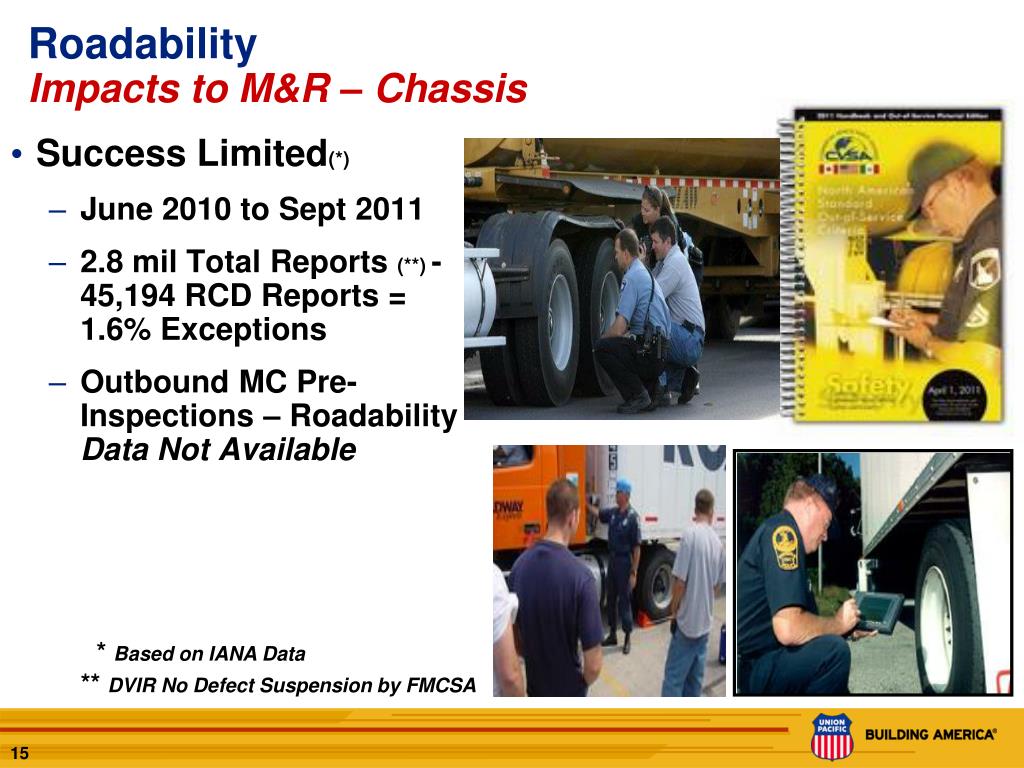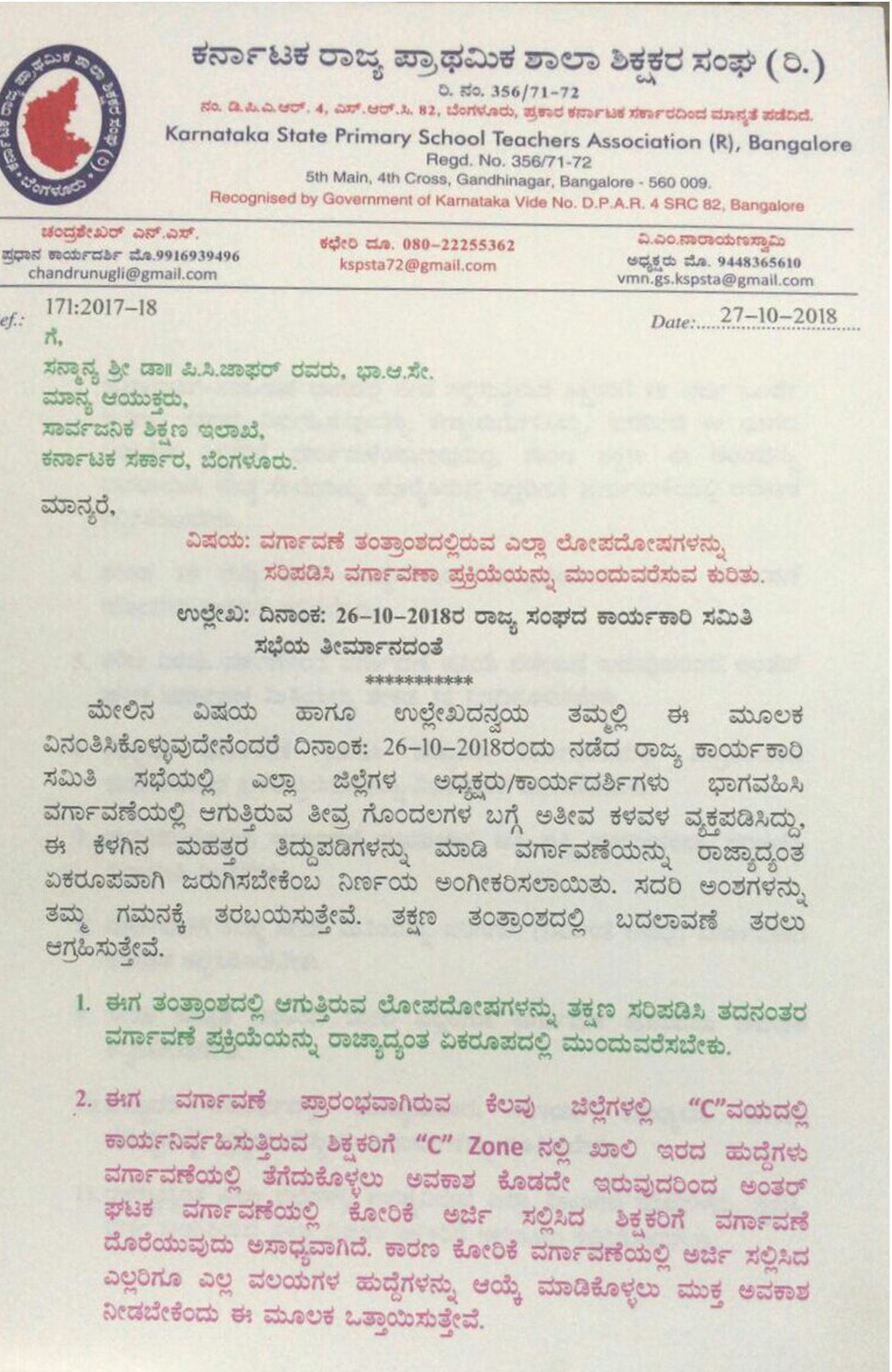
#Dvir correcting defect process driver
There are also added benefits in keeping these types of records for preventative maintenance purposes.įor example, when using a digital DVIR solution like Whip Around, the instant a driver enters the mileage of their vehicle in the app, this triggers a reminder, notifying the fleet manager that the vehicle is due for an oil change.
#Dvir correcting defect process drivers
Drivers can reference them at any point in the event they are stopped. While you may not be asked to produce records outside of this 3-month range, there are benefits of keeping them in a digital format.


So why stop at 3 months? This 3-month minimum makes sense if your organization is still storing paper forms in filing cabinets and just needs to save space, but the benefits of long-term record keeping has tremendous advantages for fleet owners.įor motor carriers bound by DOT regulations that are outlined by the FMCSA, daily DVIRs (Driver Vehicle Inspection Reports) are a necessary part of the job for drivers, but having records available to reference digitally at any time offers so much more value as opposed to only keeping them in case of an audit.Īfter all, what good are handwritten notes and other information on your vehicles if you can’t do anything helpful with it? The Benefits of Keeping Digital Records While these 3 months are necessary for compliance, the important thing to understand is that record retention of at least 3 months is just a starting point. How Long to Keep DVIR RecordsĪccording to the Federal Motor Carrier Safety Administration (FMCSA), the DOT agency responsible for regulating the trucking industry in the United States, a motor carrier is responsible for retaining the original copy of each DVIR and the certification for repairs for at least 3 months from the date that the report was prepared. In this post, we’ll break down these federal guidelines on how long to retain your DVIR records, where to keep them, and a few best practices you will want to embrace moving forward.

When it comes to record retention, there are a few things to know in order to not only to comply with DOT regulations, but also to protect the assets you depend on by using this collected information to be proactive. While you may be required by law to complete DVIR reports, you may be asking yourself “ How long should I keep these”, or “ where and how should I be creating and keeping these?” All are important questions to get right in order to stay compliant, especially as you grow your fleet.


 0 kommentar(er)
0 kommentar(er)
